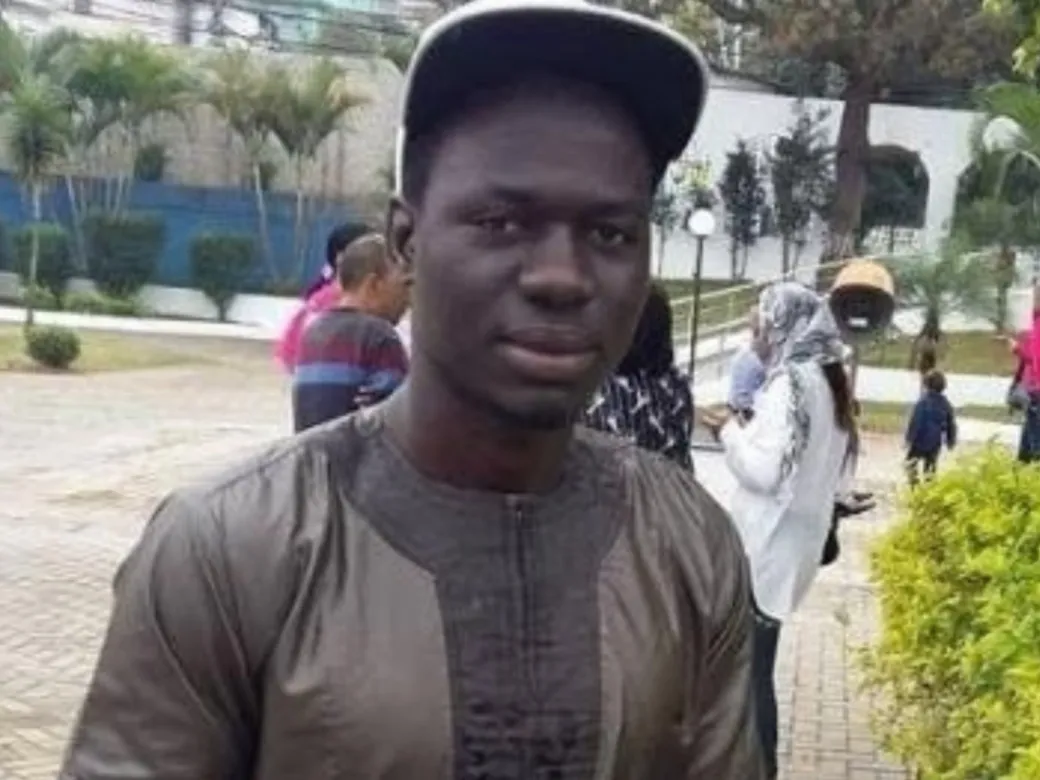The major international development during 2015 was the adoption of a new ILO Recommendation 204 on Transitions from the Informal to the Formal Economy. StreetNet International was one of the key organisations, together with WIEGO (Women in Informal Employment: Globalising and Organising) who widely consulted organised workers in the informal economy in Africa, Asia, Latin America and Eastern Europe and coordinated preparations during the course of 2013 – 2015 to ensure that the content of the Recommendation reflects the needs and interests of the workers in the informal economy. One of these preparatory events was a SADC regional workshop jointly convened by StreetNet and SATUCC in May 2015, one month before the Recommendation was finalised and adopted at the International Labour Conference in Geneva in June 2015.
This Recommendation is the framework within which we are working for the protection and promotion of the rights of workers in the informal economy, who constitute 70% of the workforce in the SADC region. Notwithstanding this, there are continued decent work deficits in informal economy in SADC region, and lack of inclusive development. To put an end to this, workers in the informal economy demand the immediate de-criminalisation of informal economy work. We do not break the law – the law breaks us!!
- At the Manzini workshop, informal workers and cross-border traders from Lesotho, Malawi, Mocambique, SA, Swaziland, Zambia & Zimbabwe met, considered the outcomes arrived at in Lusaka 2 weeks ago by informal workers organisations and TUs belonging to SATUCC, and built further on these.
- SADC countries identified as making most positive progress in implementation of R204 are Malawi, Mocambique and Zambia.
In Malawi, the Malawi Union for the Informal Sector (MUFIS, affiliated to MCTU) is directly involved in the tripartite system of national negotiations. In addition, the municipal councils of Blantyre, Lilongwe and Mzuzu are engaging in good faith with MUFIS in negotiations about the working conditions of market vendors.
In Mocambique, the following government agencies are engaging directly with the Associacao da Economia Informal do Mocambique (AIEMO, affiliated to OTM) INSS institute of social security, BAO business registration authority, customs & excise authorities, municipal councils. Customs authorities are working with AIEMO in terms of MoUs at each border post, and municipal councils are working with AIEMO in terms of MoUs in each city.
In Zambia, the government is working with a technical committee of informal economy organisations and trade unions on the implementation of R204. The Alliance of Zambian Informal Economy Associations (AZIEA, associate member of ZCTU) is now directly included in the tripartite system of national negotiations, and the Social Protection Bill has been extended to include workers in the informal economy.
- Participants from Lesotho, South Africa & Swaziland reported government unilateralism and continuing & persistent tendencies to make decisions about them in their absence.
- In Zimbabwe, the government has used R204 as a tool to find new ways of making money out of workers in the informal economy. The most vicious of these is the notorious ordinance SI64 prohibiting essential imports by cross-border traders.
- Participants call on the SADC Heads of Government to instruct the Zimbabwean Government to immediately scrap SI64.
- The key difference between the positive examples cited from Malawi, Mocambique and Zambia is the involvement of organised workers in the informal economy in processes of implementation, versus the unilateralism of the other SADC governments. The slogan of all organised workers in the informal economy remains – Nothing For Us Without Us!!
- Participants called for the simplification of informal cross-border trade in SADC and put the STR (Simplified Trade Regime) in place by means of bilateral negotiations between more countries, in the interests of the livelihoods of the poorest informal CBTs, most of whom are women. The SADC Secretariat must get to work as soon as possible to get these programmes started.
- Workers in the informal economy call for the appointment of a SADC Ambassador for Implementation of R204 – that Ambassador should be the President of one of the identified best practice countries Malawi, Mocambique & Zambia.
- Participants call for the reinstatement of SADC tribunal.
SADC must stop protecting tyrant heads of state. - Participants call for a time-frame for implementation of R204 in SADC – the first report, which should be received within 6 months, should specify the implementation time-table. Workers in informal economy must get progress report-backs every year after SADC Heads of State meetings.
Proposals for discussion with SATUCC on day 2 on 17th August 2016:
Establishment of a follow-up committee in SADC for the implementation of R204.
Informal Economy Protocol – N.B. paragraph in Labour & Employment Protocol.
Budgetary commitment from regional governments to support IE organisations.
Inclusion of measures to address the situation of informal workers with disabilities.
Revisit peer review mechanisms.


